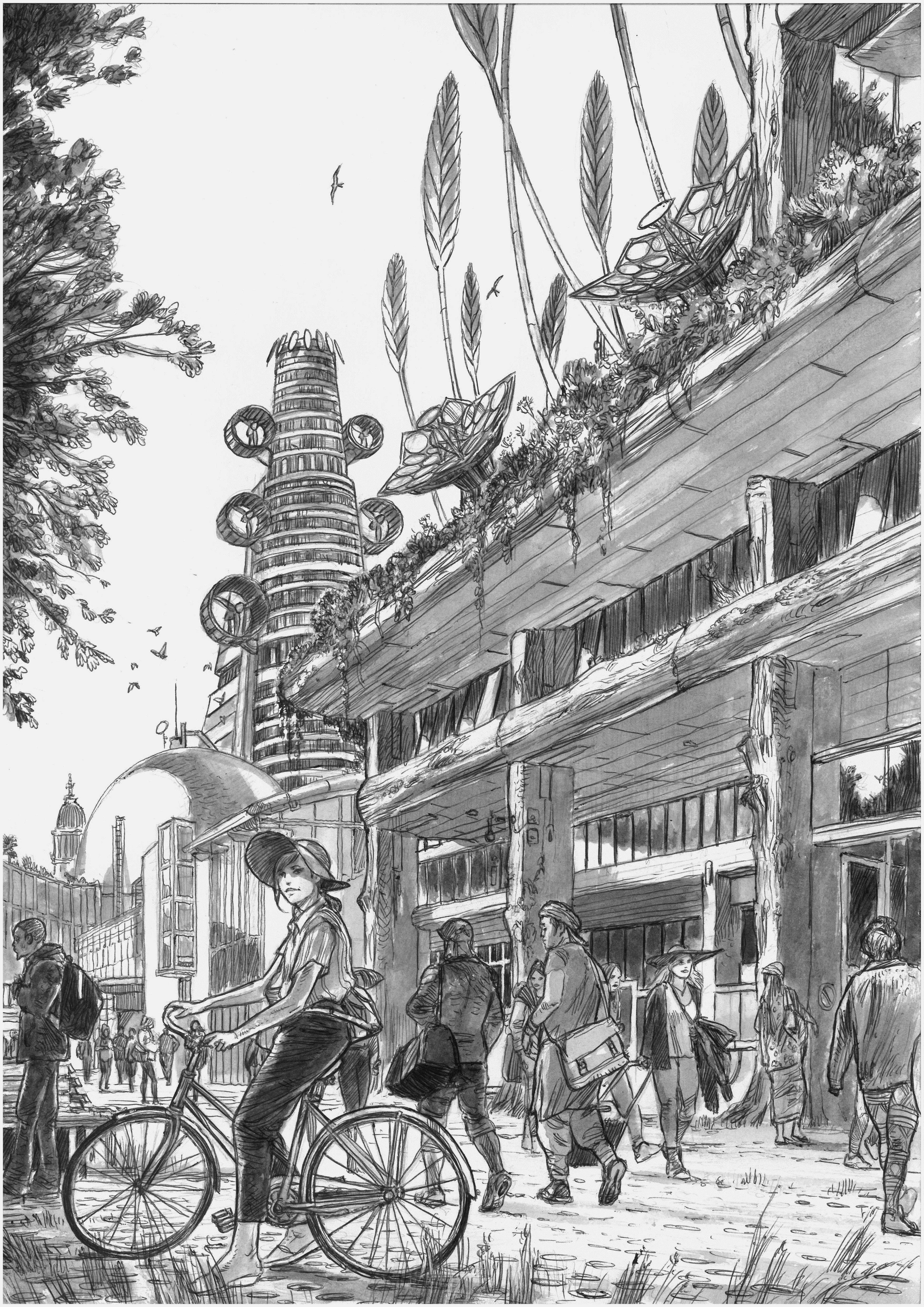The Post Carbon City
Cities are locked into an aging energy system unfit for the challenges ahead. Through their buildings, transport, producer and consumer services cities are vast energy users, with high energetic throughputs. All this results in localised pollution, dependence on fossil fuels and significant contributions to greenhouse gas emissions. While there is a push to decarbonise urban energy, it remains locked in to outdated centralised and privatised energy and fossil fuel sources. But under the surface there is a civic energy revolution forming. Distributed energy networks, local smart grids, micro generation all point to how cities can unlock a zero-carbon future.
This is a Post-carbon City agenda beyond the geopolitical age of oil, gas and coal. It’s not just a technical or infrastructure transition. It entails widespread change in cultural and social practices. The creation and provision of energy needs reconceptualising around a different set of values. In our energy bloated and incredibly unequal urban societies, demand reduction, curtailment and redistribution loom large. Energy re-municipalisation is on the agenda as cities pave the way to provide affordable green energy for their citizens. A civic energy revolution is rapidly travelling along the rocky road that lies ahead - taking on corporate energy giants, ensuring decarbonisation, localised green power and energy equality.
